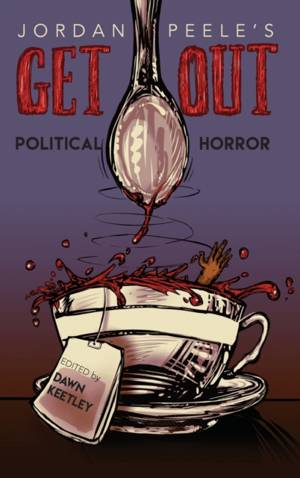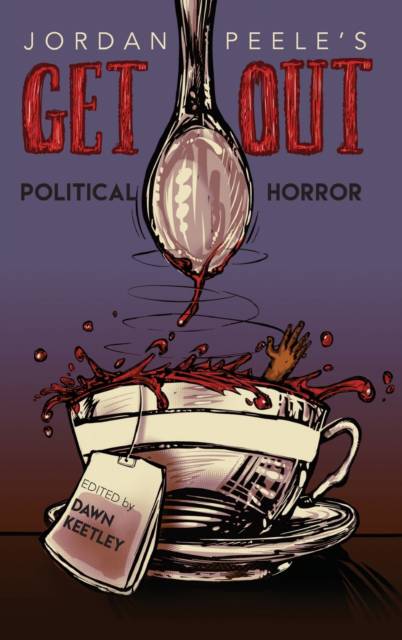
Bedankt voor het vertrouwen het afgelopen jaar! Om jou te bedanken bieden we GRATIS verzending (in België) aan op alles gedurende de hele maand januari.
- Afhalen na 1 uur in een winkel met voorraad
- In januari gratis thuislevering in België
- Ruim aanbod met 7 miljoen producten
Bedankt voor het vertrouwen het afgelopen jaar! Om jou te bedanken bieden we GRATIS verzending (in België) aan op alles gedurende de hele maand januari.
- Afhalen na 1 uur in een winkel met voorraad
- In januari gratis thuislevering in België
- Ruim aanbod met 7 miljoen producten
Zoeken
Jordan Peele's Get Out
Political Horror
€ 169,95
+ 339 punten
Omschrijving
Jordan Peele's Get Out: Political Horror is a collection of sixteen essays devoted to exploring Get Out's roots in the horror tradition and its complex and timely commentary on twenty-first-century US race relations. The first section, "The Politics of Horror," traces the influence of the gothic and horror tradition on Peele's film, from Shakespeare's Othello, through the female gothic and Ira Levin's Rosemary's Baby and The Stepford Wives, to the modern horror film, including the zombie, rural, suburban, and body-swap subgenres of horror. The second section, "The Horror of Politics," takes up Get Out's varied political interventions-notably its portrayal of the continuation of slavery and the deformation of the black body and mind in white, so-called progressive America. Contributors address Peele's film alongside African American figures such as Nat Turner, W. E. B. Du Bois, and James Baldwin. Taken together, the essays illuminate how Get Out stands as both a groundbreaking intervention in the horror tradition as well as a devastating unmasking of racism in the contemporary United States.
Specificaties
Betrokkenen
- Uitgeverij:
Inhoud
- Aantal bladzijden:
- 254
- Taal:
- Engels
- Reeks:
Eigenschappen
- Productcode (EAN):
- 9780814214275
- Verschijningsdatum:
- 14/04/2020
- Uitvoering:
- Hardcover
- Formaat:
- Genaaid
- Afmetingen:
- 152 mm x 229 mm
- Gewicht:
- 553 g

Alleen bij Standaard Boekhandel
+ 339 punten op je klantenkaart van Standaard Boekhandel
Beoordelingen
We publiceren alleen reviews die voldoen aan de voorwaarden voor reviews. Bekijk onze voorwaarden voor reviews.








